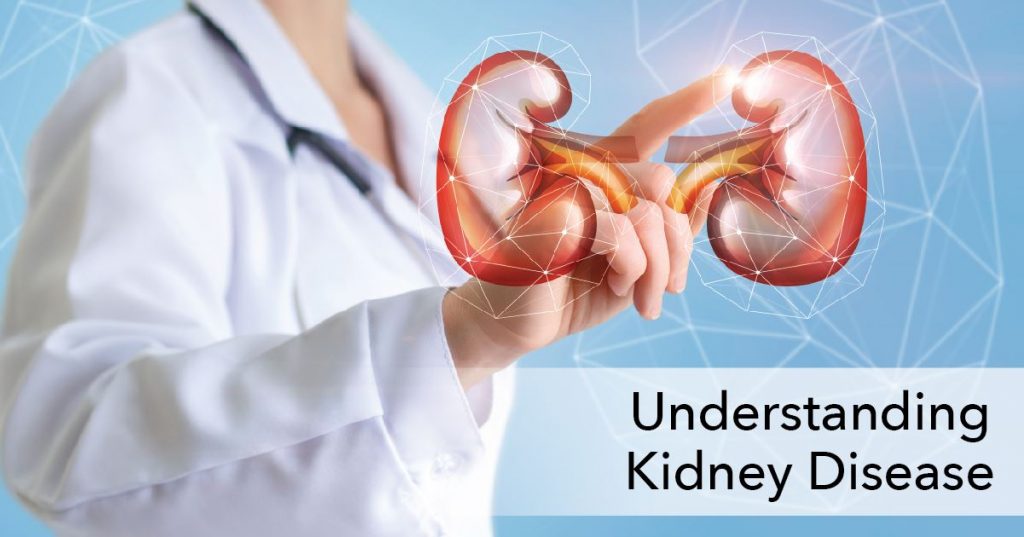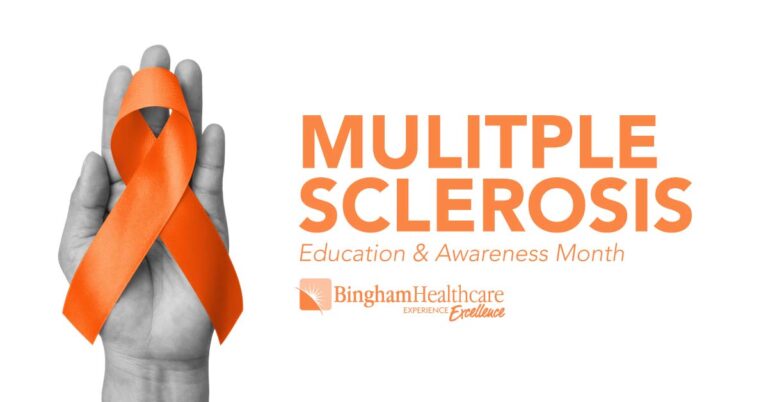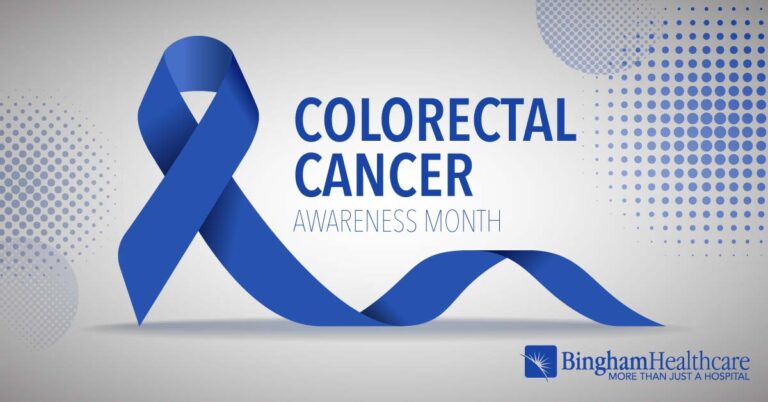
Understanding Kidney Disease
“Given that March is National Kidney Month, what better time to learn facts about kidney disease, what the kidneys do, and ways to keep your kidneys healthy.”
According to the National Kidney Foundation, one in three Americans are at risk for kidney disease due to diabetes, high blood pressure, or a family history of kidney failure. There are more than 30 million Americans who already have kidney disease, and most don’t know it because there are often no symptoms until the disease has progressed. Kidney disease is the ninth leading cause of death in the U.S. You may also be at a higher risk if you have a family history of kidney disease or are over age 60.
Somewhere in Idaho today, someone is likely to begin treatment for end-stage renal disease, also known as kidney disease. Their kidneys will have gradually stopped working over time. They will need dialysis treatments three times a week for three to four hours each time, just to stay alive. The leading causes of kidney failure are diabetes and high blood pressure, but that doesn’t have to be the case.
Everyone has two kidneys, each about the size of a fist, located on each side of the spine at the base of the rib cage. Every day, your kidneys process about 200 quarts of blood to sift out about two quarts of waste products and extra water. If your kidneys did not remove these wastes, they would build up in your blood and cause harm.
Your kidneys also regulate chemicals in your blood to make sure your body has the right balance of substances like sodium, phosphorus, and potassium. In addition, your kidneys produce hormones your body needs: erythropoietin, renin, and calcitriol. These hormones help your body make red blood cells, regulate blood pressure, and keep bones healthy.
There are steps you can take to protect yourself and help prevent kidney disease. Lead a healthy lifestyle by exercising regularly, eating well, drinking lots of water, and maintaining control of diabetes and high blood pressure.
World-Class Kidney Care in Eastern Idaho
Early detection and treatment of chronic kidney disease are keys to keeping kidney disease from progressing to kidney failure. Schedule regular check-ups with your doctor.
For the past 10 years, Idaho Kidney Institute, in association with Bingham Memorial, has provided nephrology and dialysis services. Their team, including Drs. Fahim Rahim and Naeem Rahim, consists of physicians with advanced training in the field of chronic kidney disease, uncontrolled high blood pressure, post kidney transplant care, diabetes related kidney problems, anemia, and dialysis care.
They see patients in Idaho Falls, Blackfoot, and Pocatello. For more information, please call (208) 904-4780 or visit www.IdahoKidney.com
In addition, the Cardio Renal Centers of America (CRCA) is currently in full operation in Blackfoot, and offers the first of its kind coordinated care model in cardiology, nephrology, and interventional radiology services under one roof.
For more information on the CRCA, please call (208) 785-3828 or visit BinghamMemorial.org/CRCA
Return to Articles


